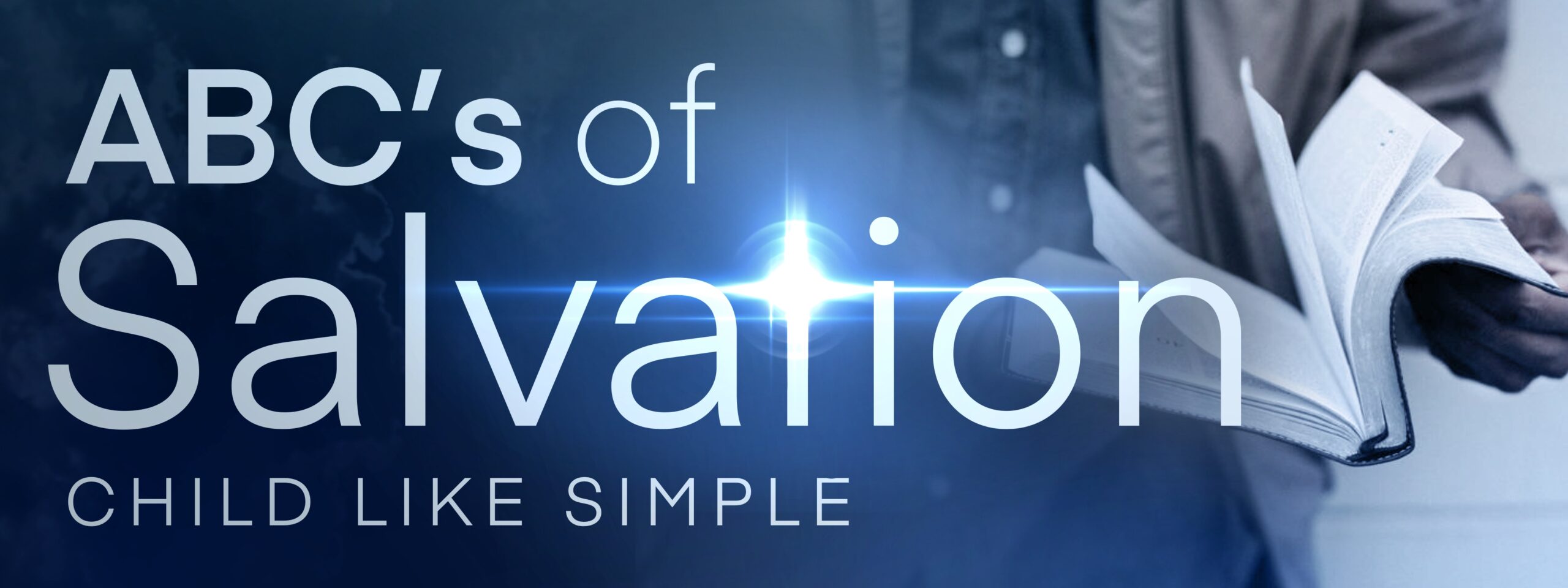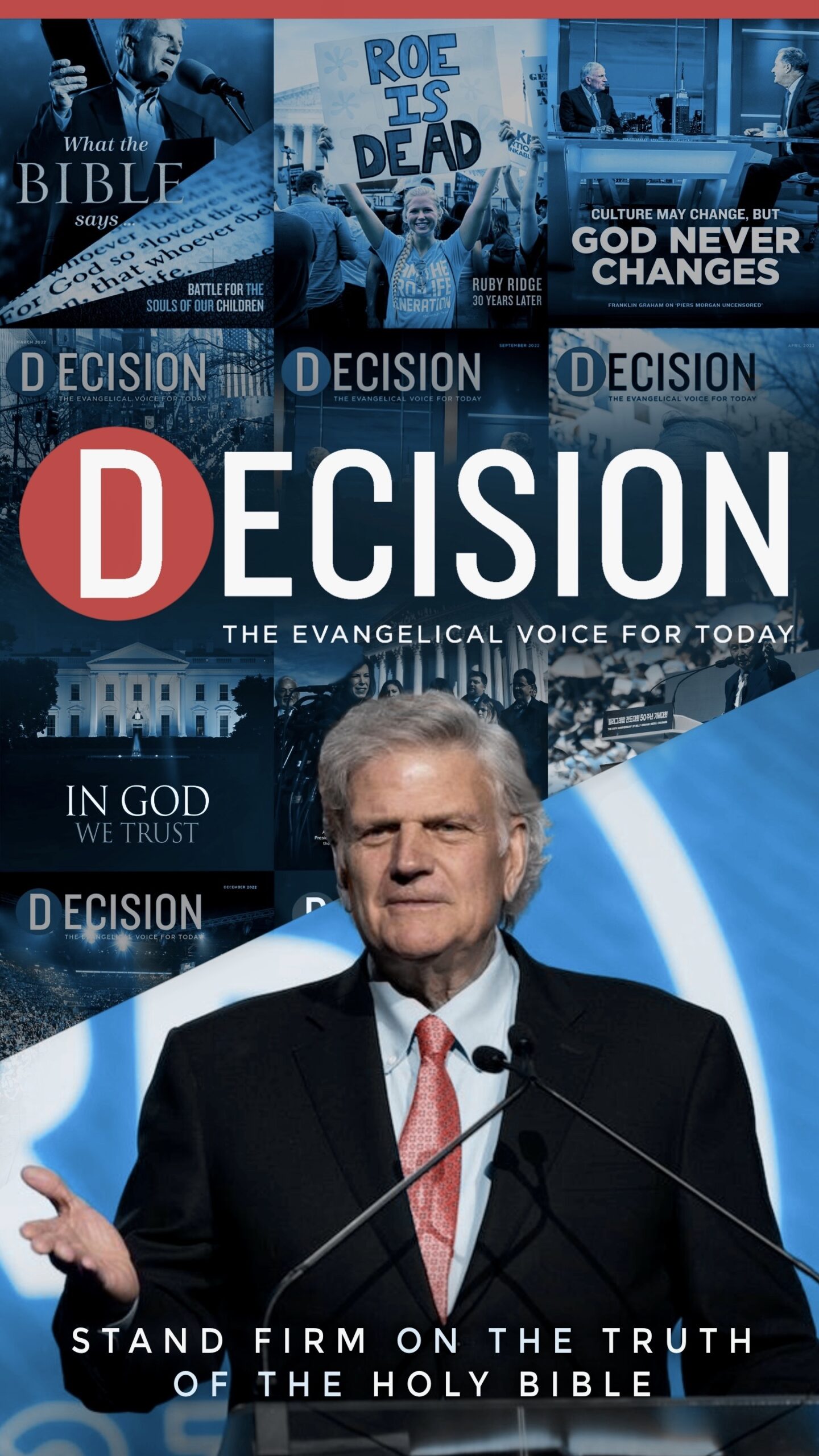Christians can sometimes be lured into supporting assisted suicide and euthanasia, believing that it is compassionate. But what does the Bible say about this?
The foundational basis for Biblical ethics is the sanctity of human life. Humans are uniquely created in the image of God (Genesis 1:27). This image of God is not dependent on how old, young, healthy or sick the person is. It is not that some humans are more valuable than others – all are equally valuable in God’s image.
Humans, therefore, are unlike any other creature in creation, who are not made in the image of God and do not have the same inherent worth, value and dignity that humans intrinsically have.
This means the taking of human life is particularly grievous and is condemned throughout the Bible. In the covenant with Noah, God says:
Genesis 9:6 KJV – “Whoso sheddeth man’s blood, by man shall his blood be shed: for in the image of God made he man.”
Because humans are made in the image of God, human life is not to be taken. In fact, the death penalty is proposed for unauthorised intentional killing of people.
Then there is the simple and straightforward sixth commandment, “You shall not murder.” (Exodus 20:13). Murder is specifically intentional premeditated killing by one person or persons of another. It is clearly distinguished from killing in warfare or accidental killing which is treated in Exodus 21.
Exodus 21:12-14 KJV – “He that smiteth a man, so that he die, shall be surely put to death. And if a man lie not in wait, but God deliver him into his hand; then I will appoint thee a place whither he shall flee. But if a man come presumptuously upon his neighbour, to slay him with guile;”
Murder carries the death penalty, whereas provision is made for accidental killing so that the person is not subject to revenge. Provision is also made for killing in self-defence (Exodus 22:2-3) and in warfare (Deuteronomy 20). It is also clear that state authorities carrying out the death penalty does not constitute murder.
Euthanasia, however, would clearly count as a deliberate act of murder and a violation of the sixth commandment. It is intentional destruction of someone who is created in the image of God and therefore a deliberate act of rebellion against God himself.
Euthanasia In The Bible
There are a couple of stories relating to euthanasia in the Bible. One is the death of King Saul when he was wounded in battle. Saul was injured and asked his armour bearer to kill him:
1 Samuel 31:4 KJV – “Then said Saul unto his armourbearer, Draw thy sword, and thrust me through therewith; lest these uncircumcised come and thrust me through, and abuse me. But his armourbearer would not; for he was sore afraid. Therefore Saul took a sword, and fell upon it.”
The armour bearer refused to comply with King Saul’s request, even though the King had authority over him. Another man reported to David that he did comply with King Saul’s request. He said that Saul had said: “Stand here by me and kill me! I am in the throes of death, but I am still alive.” (2 Samuel 1:9). When this was reported to David, he ordered that the man be killed because he should not have killed the Lord’s anointed (2 Samuel 1:14-16). The clear message from these two accounts is that we should not comply with requests to assist suicide – even when someone is in severe pain (“in the throes of death”), in a warfare situation or when the person is in a position of authority to order us to do so. We also see here that the presence of ‘consent’ does not change the morality of the act. It is murder whether it is requested or not.
The second story is the death of Abimelech when a woman threw a millstone on his head crushing his skull. The Bible relates:
Judges 9:53-54 KJV – “And a certain woman cast a piece of a millstone upon Abimelech’s head, and all to brake his skull. Then he called hastily unto the young man his armourbearer, and said unto him, Draw thy sword, and slay me, that men say not of me, A women slew him. And his young man thrust him through, and he died.”
In other words, Abimelech’s actions and character are not endorsed but criticised overall. In the flow of the narrative, his death by his armour bearer is the contemptible end of an evil character. His request of euthanasia is just the climax of a life of wickedness and his request for euthanasia is not endorsed.
What About Suicide?
It is generally agreed that the prohibition of murder includes murder of oneself and therefore prohibits suicide.
When Jonah despaired of life he said:
Jonah 4:3-4 KJV – “Therefore now, O Lord, take, I beseech thee, my life from me; for it is better for me to die than to live. Then said the Lord, Doest thou well to be angry?”
Notice how he didn’t contemplate committing suicide but asked the Lord to end his life. The Lord criticised his attitude, nevertheless.
Job cursed the day he was born (Job 3:1-26) and described himself as longing for death (Job 3:21), yet he did not contemplate suicide.
The Psalms are full of raw and honest cries to God in the midst of pain, but never approve of suicide. Psalm 88 famously closes with “darkness is my closest friend” (v18), yet the Psalmist there is still crying out to God day and night (v1). Suffering is a reality of a fallen world and we are not promised a suffering-free life. There will be times when we are tempted to self-hatred and to believe lies about ourselves and about the world. We are called to reorient our lives and minds towards the truth, and this is generally done with the help of others.
Suicide also impacts others, who have to pick up the pieces once the person has died. Although we can sympathise with anyone who feels low enough to take their life, it is usually an expression of selfishness rather than selflessness.
We should also remember that for those who do not know Christ, suicide will not be the end of suffering that they are hoping for, but will be the start of an eternal suffering. As much as we are able, Christians should want to allow as much opportunity as possible for those in the midst of despair and depression to find the One who does bring an end to suffering.
Perspectives On Death
Death is an unnatural consequence of the entrance of sin into the world (Genesis 2:17, Romans 5:12). It is an enemy which will be destroyed (1 Corinthians 15:26, 54-56). Barring the return of Christ, we shall all die (Hebrews 9:27).
Although death is unnatural and an enemy, we know that death has been defeated (1 Corinthians 15:54-56) and that we can expect to be with the Lord after death (2 Corinthians 5:6-8). Paul writes “For to me to live is Christ, and to die is gain” (Philippians 1:21), and “My desire is to depart and be with Christ for that is far better” (Philippians 1:23). We can therefore look forward to the end of pain and suffering that death will bring us, but this is no justification for suicide.
What a biblical perspective on death does mean is that we should not aim to preserve life at all costs. Physical death is not the end in a final sense. There is a balance here between not acting to hasten death, and not using extraordinary means to extend life. Medical technology means that highly expensive and intrusive means can be used to extend life. A Biblical perspective would not require this and would allow patients to die naturally. This does not justify withdrawal of food or water to hasten death but does mean that patients are not required to accept every medical intervention that is offered.
The Bible also teaches that God has numbered the days of our life (Psalm 139:16) and it is ultimately the Lord who gives and takes away life (Job 1:20). Humans are not called to have total control over the circumstances of our deaths (one of the leading reasons for euthanasia). We do what we can to care for the sick and suffering – and there have been huge advancements in palliative care doing just this – and entrust the timing of the death to the Lord.
Death, according to the Bible, is when the spirit leaves the body. James 2:26 says, “For as the body apart from the spirit is dead, so also faith apart from works is dead.”
When Jesus died, he said: “Father, into your hands I commit my spirit!” (Luke 23:46). Then he “gave up his spirit” (John 19:30, cf. Matthew 27:50).
That is not a clinical definition of death, but it does suggest that Biblical death follows clinical death. Therefore, a person being comatose, or unconscious is not dead according to the Bible unless there is a very clear indication that brain activity has ceased.
Alleviating Pain
The Bible clearly endorses pain relief for people who are close to death:
Proverbs 31:6 KJV – “Give strong drink unto him that is ready to perish...”
Sometimes administering pain relief may result in shortening life. If the aim was to alleviate pain, then the unintended consequence of shortening life is not equivalent to killing or murder. This is known as ‘double effect’ when the intention was to help the patient, but the action resulted in the patient’s death.
In the Bible, it is primarily the family that provides care to parents and grandparents. Paul writes:
1 Timothy 5:3-4, 8 KJV – “Honour widows that are widows indeed. But if any widow have children or nephews, let them learn first to shew piety at home, and to requite their parents: for that is good and acceptable before God. But if any provide not for his own, and specially for those of his own house, he hath denied the faith, and is worse than an infidel.”
That many elderly choose assisted suicide or euthanasia because they perceive they are a burden to their family is a shame to our selfish Western culture.
Our elders cannot be led to think that they are burdens. We must be willing to do the hard work of caring for parents. Opening the door to euthanasia in the UK sends the message that elderly people or those with long-term health struggles have lives that are not worth living. It incentivises giving up on people early rather than focusing on improving their lives by including them in families and wider society.
Instead, we need a shift in our thinking to be come a culture that gives rather than takes. That is willing to serve rather than be served.













